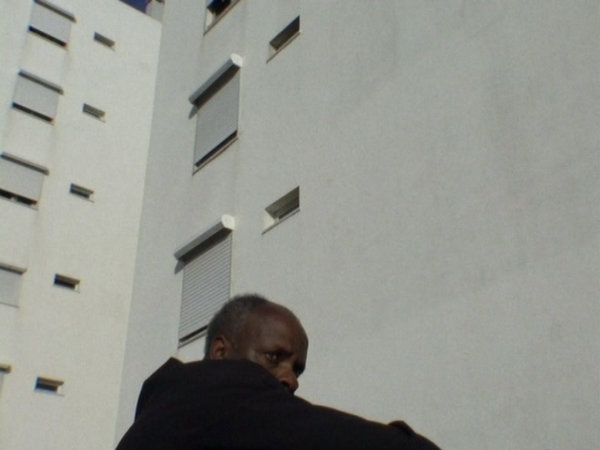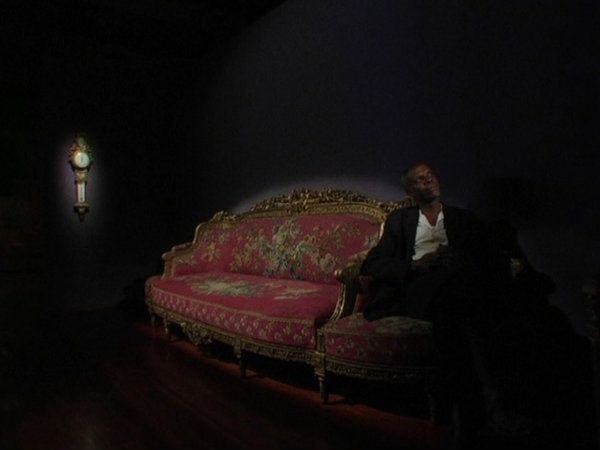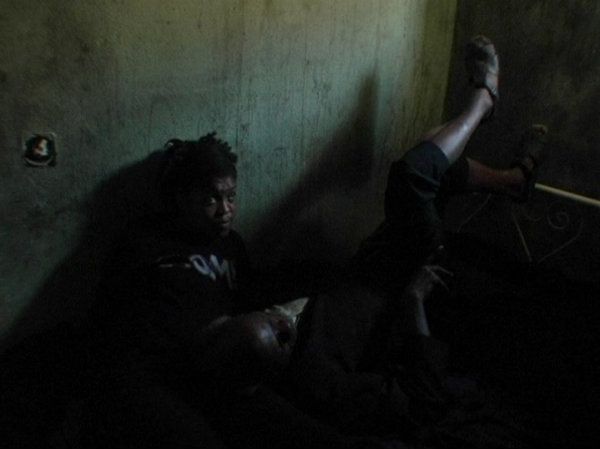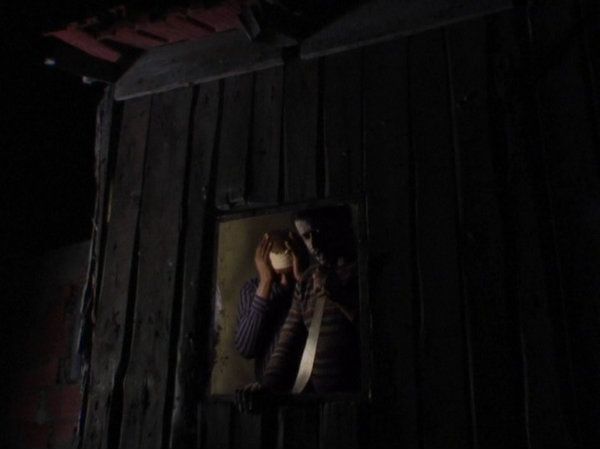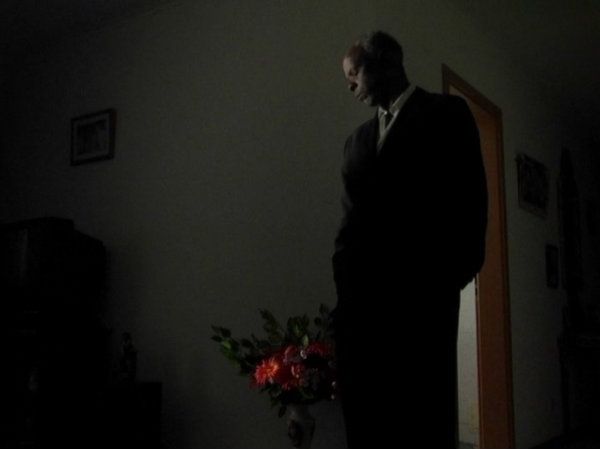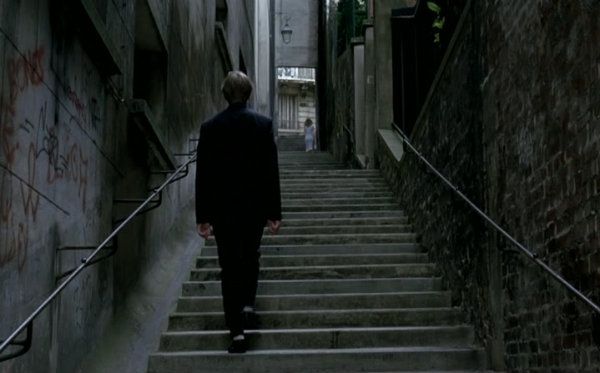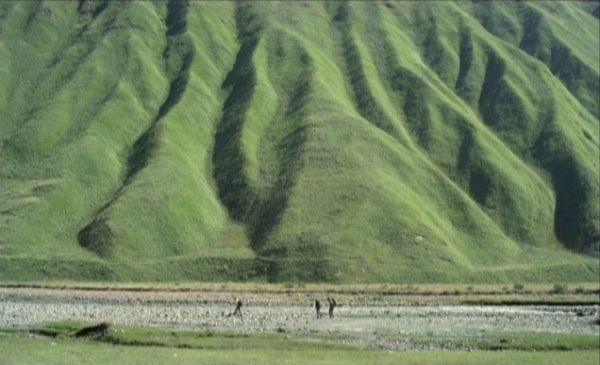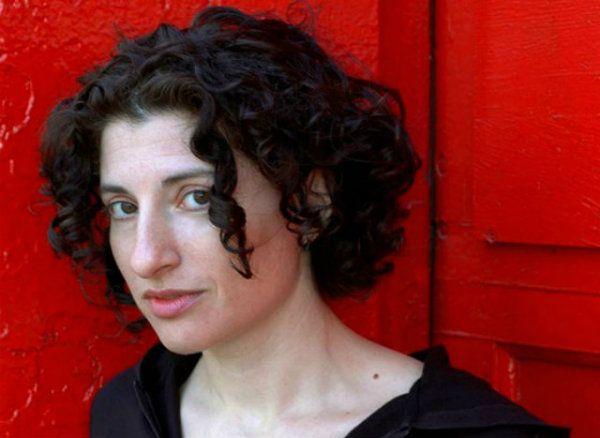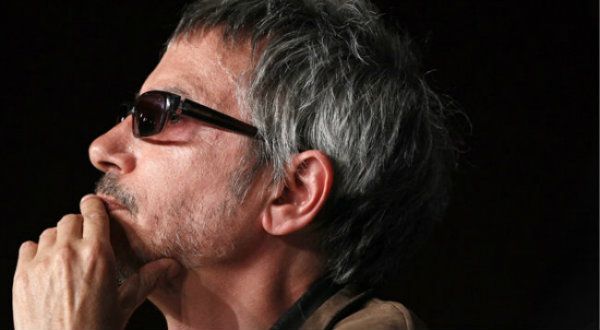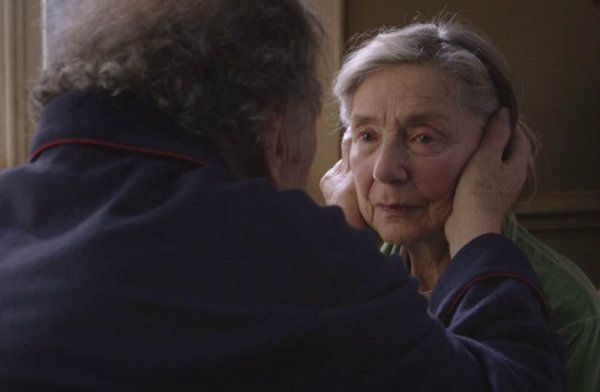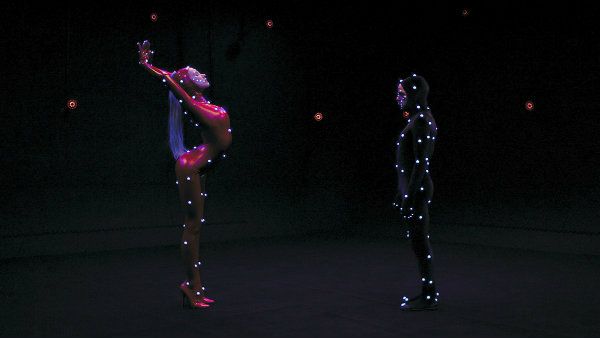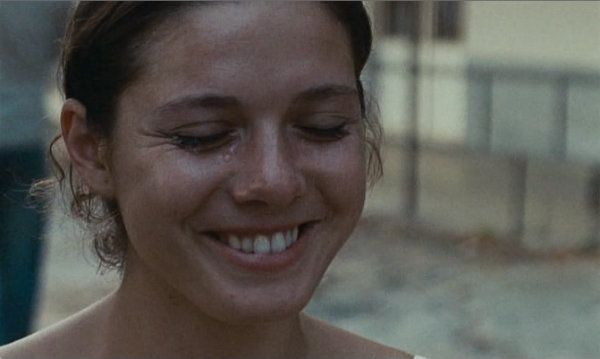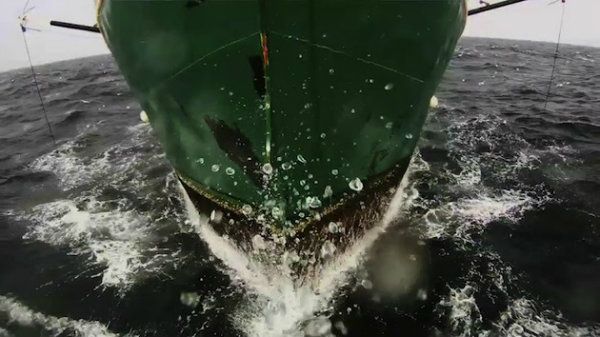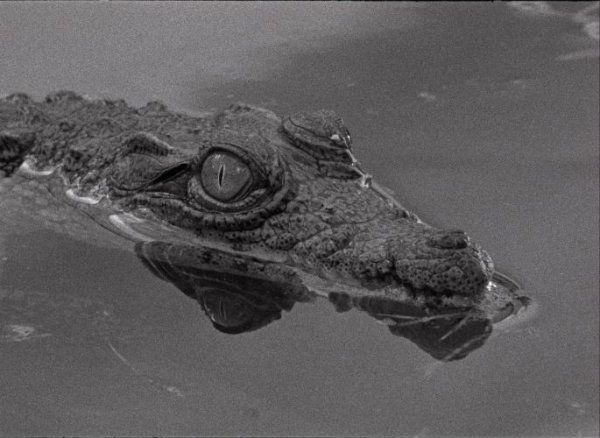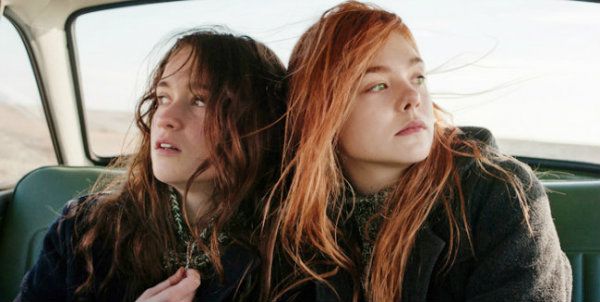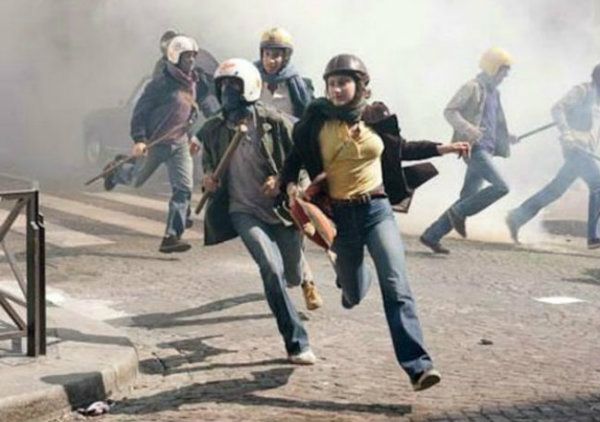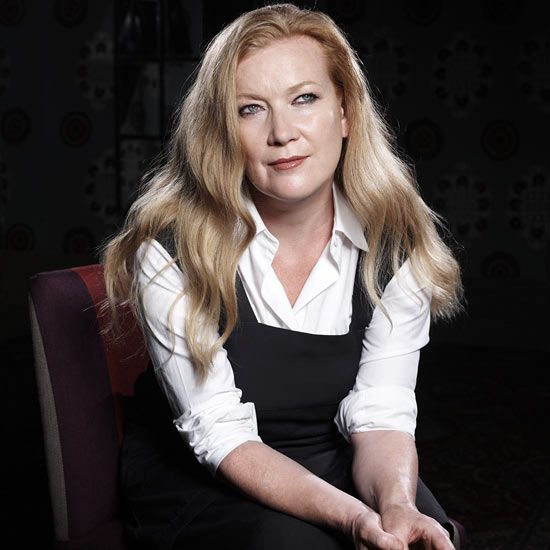
With only three feature films under her belt, Andrea Arnold has already established herself as one of the most prominent British film directors currently working today. Her brooding, sensual, class-conscious dramas,
Red Road and
Fish Tank, were well received by cinephiles world wide. But I wasn't really ready for her thrilling adaptation of Emily Brontë's gothic novel
Wuthering Heights. It's an enrapturing experience to watch, especially on the big screen.
After making the festival rounds, it is finally getting a release in New York this weekend with further cities to follow. Even though jetlagged, Arnold was very friendly and chatty in discussing her breathtakingly beautiful re-conceptualization of the classic.
You were known as a writer/director prior to Wuthering Heights. I was surprised that your next film after Fish Tank was an adaptation and also a costume drama. Why adaptation? How did it come about?
I often wonder why too. (laughs) It was a strange journey in a way. I was writing something else on my own and out of the blue I got an email from my agent if I was interested in doing
Wuthering Heights. I knew it was in the works with a different director attached. I was quite jealous thinking, 'oh, I wish I could get my hands on that!' So I immediately stopped what I was doing and asked about the project a little bit more. Then I went on a journey, I just couldn't put it down. I couldn't stop. It was as if something possessed me. It wouldn't let me go. My first thought was of Heathcliff: In the book, Heathcliff turns out to be quite a dark character and that he had a really abused childhood. And I remember thinking, yes, his story needs to be told. But it was a difficult journey. I knew at some level it was a stupid thing to do because it is such a famous book, and I was joining something that had already been in production with two directors and actors attached, [it] had history and momentum and there was a script. There were producers who had been involved developing it and wanted to take [it] on quite fast. In hindsight, I don't want to join something in the middle of it ever again. But I couldn't put it down, worrying about Heathcliff and telling his story.
Was it a fast process? How long did it take you to do the project?
I think it took longer than they expected to. I wanted to get things right from script to everything. I remember when I first had a meeting with producers and they asked me about the crew and I hadn't even looked at the script properly. And I remember thinking, 'oh, this is a bit quick'. I remember feeling a bit alarmed by that. So there was this constant push to do it fast and there was a constant pull back from me trying to do the way I wanted to do it. And at the same time you try to do it right by everyone else. So you get into a muddle. It was tough actually and I wouldn't want to repeat that really.
So when I have an image in my mind, I can't just leave it alone and that's what happened. I always have an image that keeps me on track when I'm passionate about something. My image for this (which was never realized in the film), was on the moor in the twilight when the sky is blurring the land and in the middle of that is this large animal, you don't exactly know what kind of animal until you come closer and realize it's a man with rabbits on his back: that was my image of Heathcliff. That was the image! And every time I lost my way I would remember this and it would keep me going. But when it came to film that scene, we had ten minutes to film it and there was bright sunshine with blue skies and we didn't have very many rabbits to cover Solomon (Solomon Glave, who plays young Heathcliff)'s back. The string broke on the rabbits, so they kept falling off and we didn't have time to wove them back up to get a wide shot. The moor was not the moor I imagined that day. The shot came out completely different. But it's in the film.
I love it though. It's all hand-held, we see the back of Heathcliff with rabbits.
It was completely different than how I imagined. But you know the essence of it is in the film. But that's filmmaking for you.
Obviously the second half of the book is omitted from your film. How did you decide where to stop?
Yeah somebody asked me if there was anything that I missed out from the book that I feel sorry about, I say the whole second half (laughs). Partly it was because I joined something that was already going. But I actually believe that it's good to be instinctive. The filmmaking is such a deliberate process, especially [since] there is a lot of money and people involved. I do like when things are moving fast, that can bring about some interesting, instinctive decisions. And I always felt that the second half of the book was too complicated. I never intended to make a 'faithful' adaptation anyway. I just wanted to capture the essence of what Emily was going for. The kind of film I like to make is where I can explore details. For that, the book was just too much to deal with. I do love the second half of the book. It comes a full circle with Heathcliff's death and as a book it's fantastic. I don't like Heathcliff wandering by himself on the moor. That's sad. I'd rather he died. So I wasn't happy about leaving it out. But I couldn't see a way to include that in unless I had a resource and the right circumstances to do a ten-hour film. (laughs)
About casting black actors as Heathcliff...
Right.
I mean it's about time, I thought. We are not living in the time of Laurence Olivier...Where they put cocoa powder on his face. (we both laugh)
I know that the movie came out in the UK last year. I was wondering how it was received with a black Heathcliff.
I can only go by Q&As (where people are always nice) I did, because I don't read reviews or anything. And people always ask me about that. There must be a big debate about that on some Brontë webpage, I'm sure. It's always mixed.
I think having a black man playing that role was the right choice. I mean, he is describe as a foreigner in the book. It's very topical for this day and age.
I wanted to ask you about your process with non-actors in this film. I remember you describing the process in Fish Tank in a Q&A session a couple years back. You said you were holding back parts of the script from actors until just before the shoot, and encouraged them to improvise. Did you do that with Wuthering Heights?
Well, it's a famous book everyone knows. Everyone knows what happens at the end. So I didn't really do that too much in this. Obviously with Solomon and Shannon (Shannon Beer, young Cathy) I did that a bit because they are new and I didn't want to overwhelm them too much. We couldn't afford to shoot it in chronological order anyway. So no, not really on this one.
The look of the film, my god, it's so gorgeous.
Probably too gorgeous actually.
Too gorgeous?
If the style sticks out that much, you failed a bit actually. That's what I think. (Dustin laughs) I always think that if one of the disciplines sticks out, I failed to bring all the elements together. But I think there is no music and much of the dialog taken out, it relies on the images even more and sticks out more. But I can't really tell if it's sticking out the right way or wrong way.
It's stunning. For me, definitely the right way. I mean it takes place on the moor where everything is elemental. It has rain, wind, mud, blood, sweat and tears. It has to be cinematic. I first saw it on a smaller screen, then I saw it on the big screen.
Yeah, it has to be seen on the big screen.
That's what I mean! The emotional impact is much stronger when you see it on the big screen.
I wonder how your collaboration process with your DP Robbie Ryan went. I mean, he will be known for this film (he won various cinematography awards for Wuthering Heights). There are some absurd amount of hand-held scenes.
He loves to run around. He gets a little depressed when he can't run around. Yes, we've done four films together now. We have a shorthand: he pretty much knows what I want. We did a lot of tests with different stocks and we talked about what we try to achieve. The moment I worked with him, I immediately felt in tune with him in terms of aesthetics from the very first film together.
So will you always choose shooting full frame (4:3 ratio) from now on?
I've done it twice now (starting with
Fish Tank). I didn't think about shooting this in 4:3. But we did some tests and we projected on the screen. You know 35mm in raw form is 4:3 and it looks so beautiful. It's great for portrait. It's very respectful for one person, like in Polaroids. I also like that you are not cropping anything. You are using the whole negative. So you get all that information. It feels more honest. It is quite hard to frame a two shot. But because I'm always telling the story from one person's point of view, I think it works. Also, it gets more sky. If you go this way (pointing to the sides), you get more green shooting on the moor. With full frame you get a different version of landscape. For me it takes away nothing. I think it adds more.
Was there any inspiration for the look of Wuthering Heights?
I showed Robbie some Todd Hido photos. I love his pictures, especially the ones through the glass. We did some of it for the film but didn't keep it in too much. I always like the shot of a person looking in from outside and vice versa. For some reason there are a lot of scenes like that in the script and that's why I thought of Hido's photographs. Back then, the glasses were pretty thick and they obscured the image and gave sort of water color feeling- things blurred into each other or [were] hard to see. For some reason that was very important to me. So I encouraged that sort of look.
It must've been tough shooting on the moor.
Yeah really. I think everyone on the crew said it was the hardest thing they've ever done. But they were a really great crew. Without their perseverance and their determination I don't know how I would've gotten it done really. The mud was really deep and it got deeper and deeper as more people trudged along in it. And we couldn't take vehicles so we had to carry all the camera equipment. So if we wanted a wide shot, we had to walk with the heavy camera boxes on our heads. That was very physical. And we had a lot of heavy layers of clothes and big boots because it was always cold and wet. And if you are unlucky, you get boxes with all the lenses in, which was really heavy. Nobody wanted to get that one. (laughs) and you always want to be fair and take what's handed to you. I remember it was the last week of shooting, I think. I was climbing up the hill with a heavy camera box on my head. I was really tired. And my knees gave in and I collapsed, with the box still on my head. I started to cry because I couldn't get back up. I pulled down my hat so no one would see me cry. When I finally got to the top of the hill I saw Rachel (Rachel Clark), Robbie's Camera Assistant, also crying with a camera box on her head (we both laugh). I mean, we were physically exhausted. It was mud everywhere, so we didn't have any place to sit and rest, really. And I don't know why they built the house up there. Because when it rained, all the water came gushing in to the house. And there were all these dead round moles from the ground washed up everywhere. They were so fat gauging on all the earthworms, I imagine. God, it was a tough, tough shoot.
So when we saw the film for the first time projected on the screen, we said, "damn it, that doesn't look nearly as bad as it was. How can I make you feel as bad as it was? You sit there for an hour and a half while we were out there ten hours a day?
Oh, it's beautiful (we both laugh). It's a great story. Do you plan to do another period piece?
No. I don't think I'll ever do it again. It was an experiment and an adventure and in some ways quite liberating for me to do something completely different.
Wuthering Heights opens in New York on Oct. 5 with a national roll-out to follow. For more information, please visit the Oscilloscope website.
My Wuthering Heights Review
